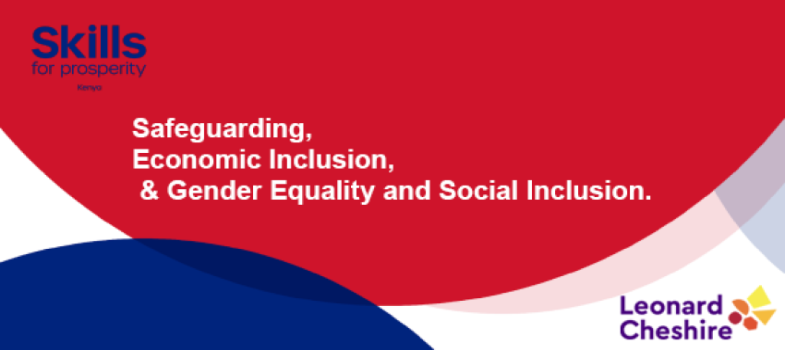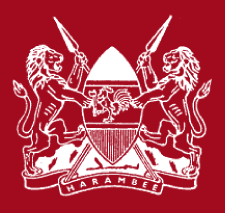3.1.6. Intersectionality between safeguarding and disability
Intersectionality relates to access to power and when it interacts with other factors, it enforces oppression. Sometimes,
the measures we seek to adopt for safeguarding take an intersectional approach as
people experience overlapping – or intersecting – forms of oppression,
discrimination and marginalisation based on different aspects of their identity
e.g., age, sex, disability status etc.
We already know that abuse can happen to anyone, at any time and in any place. Women with disabilities (including girls) are twice or thrice more likely to suffer abuse than women and girls without disabilities. as other women and girls. Generally, people with disabilities are more susceptible to abuse because:
- Predators may perceive a person with disabilities as weak, vulnerable, or less likely to report abuse, making them easy targets;
- People with disabilities are often isolated and dependent on a small circle of friends or caregivers for critical support, including assistance with basic physical needs. These same caregivers are often the abusers, which poses a difficult decision for the victim who is required to choose between the potential of continuing abuse versus an uncertain future;
- Many live in segregated environments, such as group homes, where abuse can occur (and be hidden) easily. In addition, victims who are abused in group settings may have limited access to police, advocates, medical and social services representatives, or others who can intervene and help;
- People with limited communication abilities and/or cognitive disabilities may find it difficult to report abuse effectively;
- Many people with disabilities are afraid that they will not be believed when they do report abuse;
- Many people with disabilities have been verbally abused, resulting in low self-esteem and, in some cases, a belief that the abuse is somehow deserved, and;
- It is easier to abuse or exploit someone if you inherently believe that people with disabilities are less human, less valuable or don’t contribute to society.

| Previous | Next |






